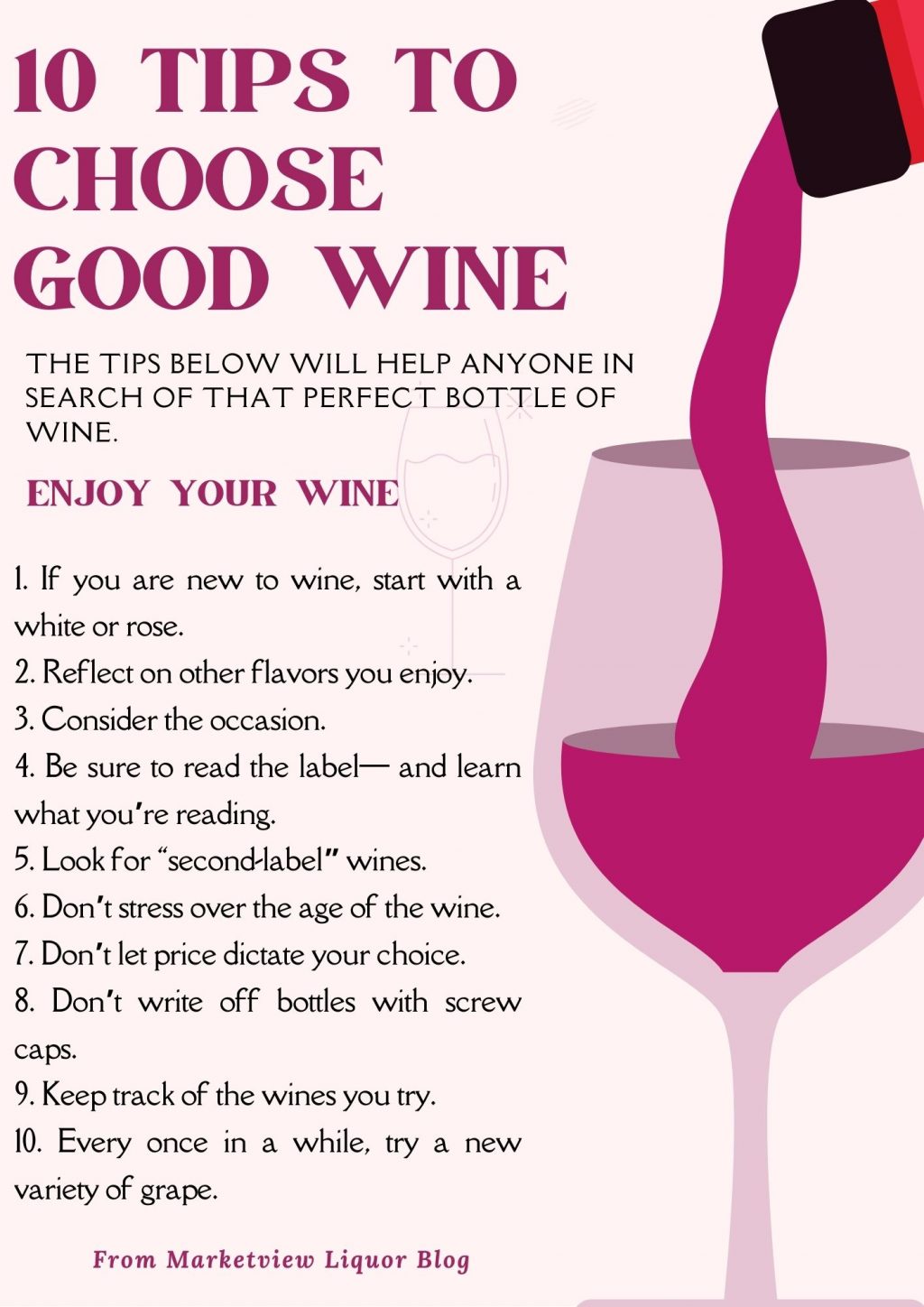Welsh wine industry is going to increase the current value of the sector tenfold to £100 million by 2035. How is this going to be achieved?

Figures show that there are nearly 30 vineyards in Wales. The Welsh wine industry is booming, with vineyards spread across Wales and expanding rapidly, according to Food Standards Agency. There are various estimates for the volume and value of production of wine in Wales.
More than 20 different grape varieties are grown in Wales, producing red, white and rosé wines, either still or sparkling. Wales’s reputation as an innovative producer of fine wine has been well established. This is due to its pioneering vintners, the quality of the fruit grown and Wales’s unique landscape and microclimate.
Welsh Government Minister for Rural Affairs, North Wales and Trefnydd, Lesley Griffiths said in Food and Drink Wales, “The Welsh wine industry continues to thrive and has tremendous potential to build on what has already been achieved. More and more people each year can enjoy the wonderful flavours of Wales by attending events linked with the week.”

Supported by the Welsh Government’s Decarbonisation and Covid Challenge Fund programme, four vineyards from different locations have joined forces in a project to increase knowledge and understanding of disease control and prevention methods in vineyards across Wales according to Business Wales. They are Ancre Hill Estates, Gwinllan Conwy Vineyard, Gwinllan Hebron Vineyard, and Sticle Vineyard.
The outputs of this project will help to reduce the use and reliance on synthetic chemicals in the future. At the same time, it will improve the operational efficiency of the vineyards, thereby creating greater profitability and employment opportunities within the Welsh wine industry.

Also, Vineyards are at the heart of the wine industry, aiming to rally together and find common ground that benefits everyone involved according to Welsh Vineyards and Tourism Report. They’re committed to working hand-in-hand with Special Interest Groups to shape a bright future for wine production. This involves coming up with strategies that look ahead, ensuring the industry thrives for years to come.
Moreover, vineyards play a key role in nurturing talent and innovation. From supporting marketing initiatives to seeking out financial assistance and engaging with local authorities to tackle challenges, they’re proactive. Their efforts are geared towards not just their growth but also contributing to larger goals, making them pivotal in the industry’s advancement.

A staff member at Wally’s Liquor Cellar, Matthew said, “Nowadays, people prefer to drink wine in their free time, which is very favourable for our alcohol sales. And the number of people buying speciality has increased now. People are looking for wines with more special flavours.”
“Personally, I would recommend Chateau Musar. Chateau Musar wines are still one of the best-selling wines in our store. Despite their higher prices, underlines the demand for quality and speciality wines rather than the usual supermarket brands,” said Matthew.

